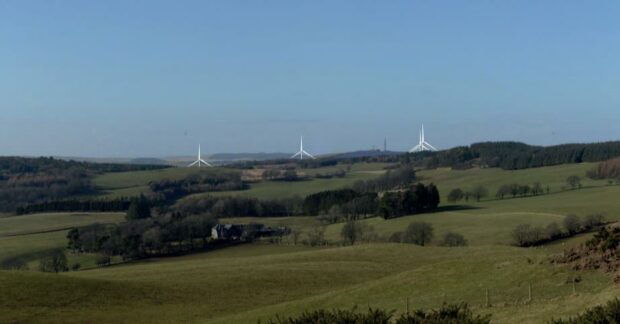Following the recent publication by the Scottish Land Commission of its land market report, our policy-makers appear to be waking up to the risks of an unregulated land market open to green corporate investors.
Rhoda Grant, MSP for Highlands and Islands, has asked in Parliament what steps the Scottish Government is taking to protect communities from off-market land sales to green lairds.
The response from the minister, Mairi McAllan, suggests that government is well aware of the risks but that the tools to deal with the problems are mainly limited to a new Land Reform Bill expected later in this parliament.
But with a rapid increase over the last two years in the amount of land being purchased for rewilding and green-washing by corporate investors, many now believe that measures in a new Land Reform Bill, which is likely to be another four years in the making, will come too late.
The Land Commission’s report shows the alarming increase in off-market sales over a short period often at the expense of tenant farmers, crofters and other local interests.
For those affected there has been no “just transition”; and for those who feel immediately threatened by corporate land purchases a future Land Reform Bill provides little comfort.
A good example which demonstrates the speed of change brought about by green corporate investment but with damaging long- term effects for local interests is the development of renewable energy in Scotland.
Over the last few years renewable energy from large-scale corporate wind farms has increased significantly with some rural regions – for example the Highlands and the South West of Scotland – now exporting more than five times the electricity they consume.
While this is a success for the headline figure of total renewable energy generated in Scotland, policy-makers have given little thought to the long-term impacts on local communities and businesses.
These regions generating the greatest proportions of cheap and renewable electricity also typically have the highest electricity prices for consumers (due largely to National Grid distribution costs) and the highest levels of fuel poverty in the country.
For those living in these areas this can hardly be described as a “just transition”.
But what is worse is that most have lost the ability to mitigate their electricity bills by installing small-scale local renewables since all the available National Grid export capacity has been taken up by corporate renewable developments.
We now see local businesses seeking to install their own renewables but unable to obtain the necessary export connection to make the investment financially feasible.
While there is always a place for corporate investment in rural areas, renewables is an example where policy-makers have got the balance wrong, allowing corporate and often foreign investors to take up too much National Grid export capacity and leaving insufficient for local renewable investment.
While a bit of wind farm money goes to the immediate local communities, there is no compensation for those 20-30 miles away who are left without export capacity.
Unfortunately, there are no immediate solutions for local interests in these areas looking to generate their own energy: making the National Grid “smarter” will take decades, and battery solutions for the exportable excess remain prohibitively expensive.
A similar green gold rush is now taking place with Scotland’s land and natural capital.
Change is happening fast but without the regulatory tools to ensure a just transition for rural areas, and any damaging consequences will take generations to remedy.
Christopher Nicholson is chair of the Scottish Tenant Farmers’ Association
